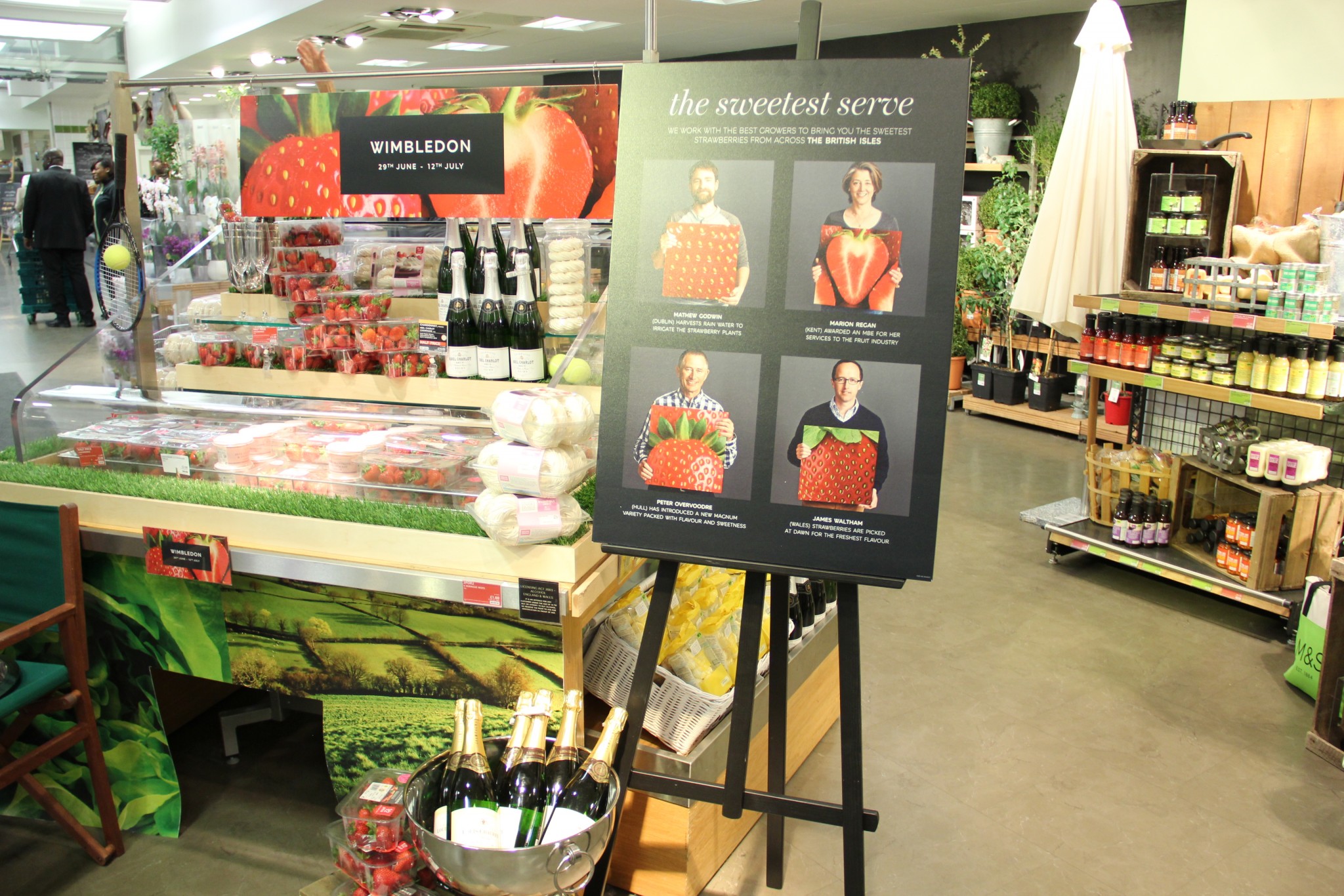
The British Summer Fruits trade body has the backing of 98 per cent of the berry industry
Questioning the value of paying into a trade body has always been a valid concern, but it is perhaps more pertinent in today’s industry where retailers shift ever closer to direct relationships and cost efficiencies drive more consolidation.
The result is that many categories are dominated by two or three large suppliers, prompting the inevitable questions over whether larger businesses should prop up campaigns that benefit the whole category. Similarly, paying into a pan-industry campaign could mean funding a generic effort that doesn’t match your own specific customer’s strategy.
So what is the value of a trade body in today’s industry? And do they benefit both large and small suppliers?
While trade bodies provide vital technical support and field trials that smaller growers would otherwise be unable to access, their marketing clout may be somewhat less useful for larger businesses with campaigns of their own.
That said, there is the obvious advantage of a larger marketing budget, according to Pam Lloyd of the eponymous marketing agency. She says: “In my experience, the value that trade bodies and grower groups offer is strength in numbers. If one grower joins forces with others, the budget is multiplied and the impact of what they are able to do is significantly greater.”
A grower group with the whole category on board also brings more weight to the lobbying table, according to Laurence Olins, chairman of British Summer Fruits (BSF). “The biggest challenge is to get the full support of the whole industry. We’re now up to 98 per cent. With that power, you can write to the Prime Minister and say we represent the berry industry,” he says, outlining the ways in which BSF has adapted to meet different member needs.
“We have recognised that there are different routes to market, and we have created two classes of membership – a full member and associate member.” Olins says there are different privileges and rates for each class of member, which combine to support the main objective of promoting berries year-round.
But a flexible membership structure alone is not enough to persuade cash-strapped produce suppliers to pay in. Olins believes BSF’s success is also down to the strong relationships it has with retailers – he will personally visit all supermarkets at least once a year to discuss the category and its growth. The success of that persistent contact with a knowledgeable industry spokesperson can be measured by the fact that Olins has managed to enlist the retailers, in his own words, as “recruiting sergeants” for growers and suppliers to sign up to BSF.
Structurally, BSF outsources its admin to British Growers, and its PR to London agency Red Brick Road. Olins also employs an independent PR consultant – something he believes is unique to BSF. “I don’t think any other organisation has that. It keeps the agencies ‘honest’, as she will scrutinise all the campaigns. That is a vital support,” he says.
PamLloyd PR’s Dieter Lloyd believes it is partly Olins himself who is integral to the success of BSF. “Laurence Olins has done an amazing job for berries, and Adrian Barlow did the same for apples, as did Chris Chinn for asparagus. Trade bodies by and large have a real problem with finding people who are prepared to stand up and talk about their product. Laurence for example is not shy of publicity – he welcomes every opportunity to talk about berries,” he says.
“This notion that you’ve told your story and it’s all okay is not the case. There is still a chunk of the market to go after. If you stop marketing English apples and pears, sales won’t disappear next week, or even next year or the year after, but in 10 years time? Definitely.”
One source believes it’s only a matter of time before retailers start questioning key suppliers on why they fund an industry campaign when that money could be used to collaboratively market produce in stores. But Lloyd says: “Retailers essentially appropriate it – where does that money actually go? The only time retailers promote fresh produce is to say they’re discounting it. Or they might do something around the start of the season.”
Perhaps the answer is a mandatory system – no one can deny the progress of the potato industry’s One Voice campaign, which has slowly begun to turn the tides of consistent potato sales decline, thanks to funding from the AHDB levies and EU match funding. Greenvale’s marketing director Leon Munday says: “Without the mandatory element, the industry’s voice wouldn’t be heard by consumers, which is absolutely key for the potato industry. We must work hard to remain relevant to consumers and consistent communications are a key element in achieving this.”
With all growers on board, this campaign has the maximum funding and leverage – the only challenge is making sure all levy payers’ opinions are heard, says Munday, all the more important as they have no choice.
It’s hard to believe that the old saying ‘safety in numbers’ doesn’t have some grounding in truth – but it’s clear that produce trade bodies must step up to the mark if they are to help, and not hinder, today’s businesses.



